If we have not peace within ourselves, it is in vain to seek it from outward sources
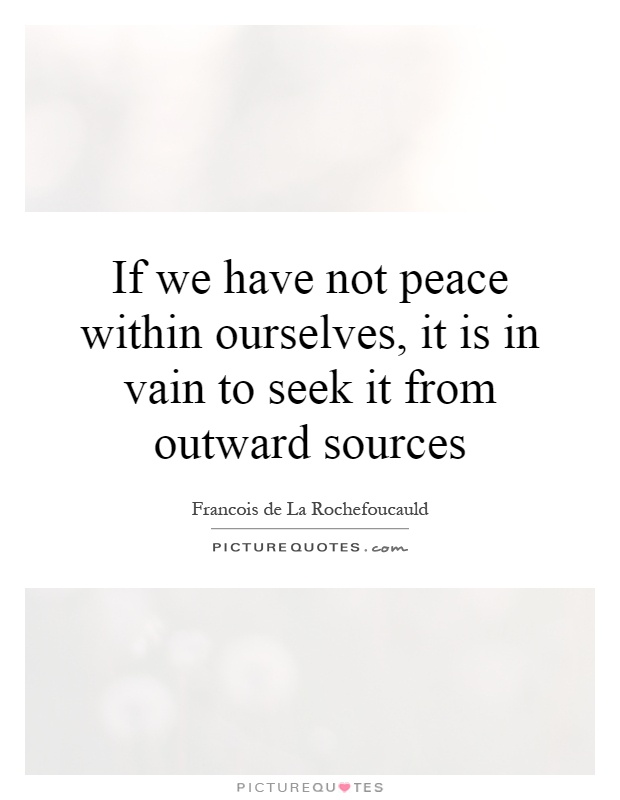
If we have not peace within ourselves, it is in vain to seek it from outward sources
Francois de La Rochefoucauld, a French author and moralist, is known for his insightful reflections on human nature and behavior. One of his most famous quotes is, "If we have not peace within ourselves, it is in vain to seek it from outward sources." This statement encapsulates the idea that true peace and contentment must come from within, rather than relying on external circumstances or validation.La Rochefoucauld believed that inner peace is essential for leading a fulfilling and meaningful life. He understood that external factors such as wealth, success, or relationships could not provide lasting happiness if one's inner state was not at peace. This concept is echoed in many spiritual and philosophical teachings, emphasizing the importance of self-awareness, self-acceptance, and inner harmony.
In today's fast-paced and often chaotic world, it is easy to become caught up in the pursuit of external validation and material success. Many people believe that happiness and peace can be found in achievements, possessions, or the approval of others. However, La Rochefoucauld's wisdom reminds us that true peace comes from within, from cultivating a sense of self-worth, acceptance, and inner calm.
When we are at peace within ourselves, we are better equipped to handle life's challenges and setbacks. We are more resilient, adaptable, and able to maintain a sense of perspective in the face of adversity. Inner peace allows us to approach situations with clarity, compassion, and wisdom, rather than reacting impulsively or being driven by fear or insecurity.
Furthermore, when we are at peace within ourselves, we are more likely to cultivate positive relationships with others. We are able to empathize, communicate effectively, and connect authentically with those around us. Our inner peace radiates outward, creating a ripple effect of harmony and understanding in our interactions with others.


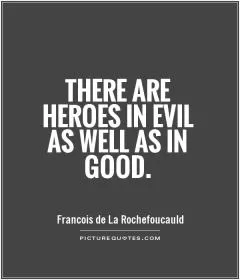


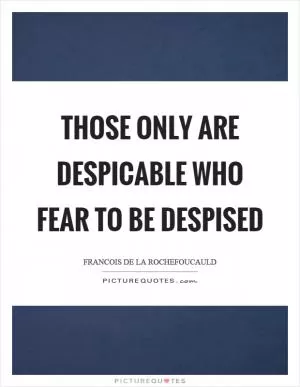

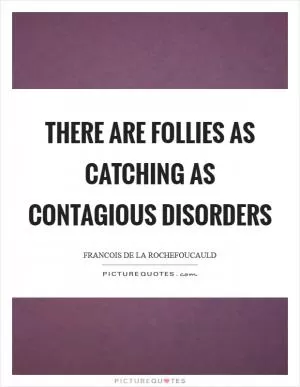

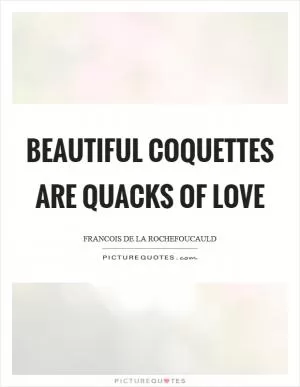
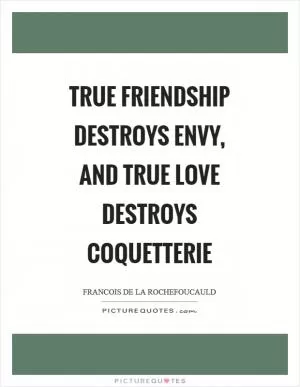

 Friendship Quotes
Friendship Quotes Love Quotes
Love Quotes Life Quotes
Life Quotes Funny Quotes
Funny Quotes Motivational Quotes
Motivational Quotes Inspirational Quotes
Inspirational Quotes